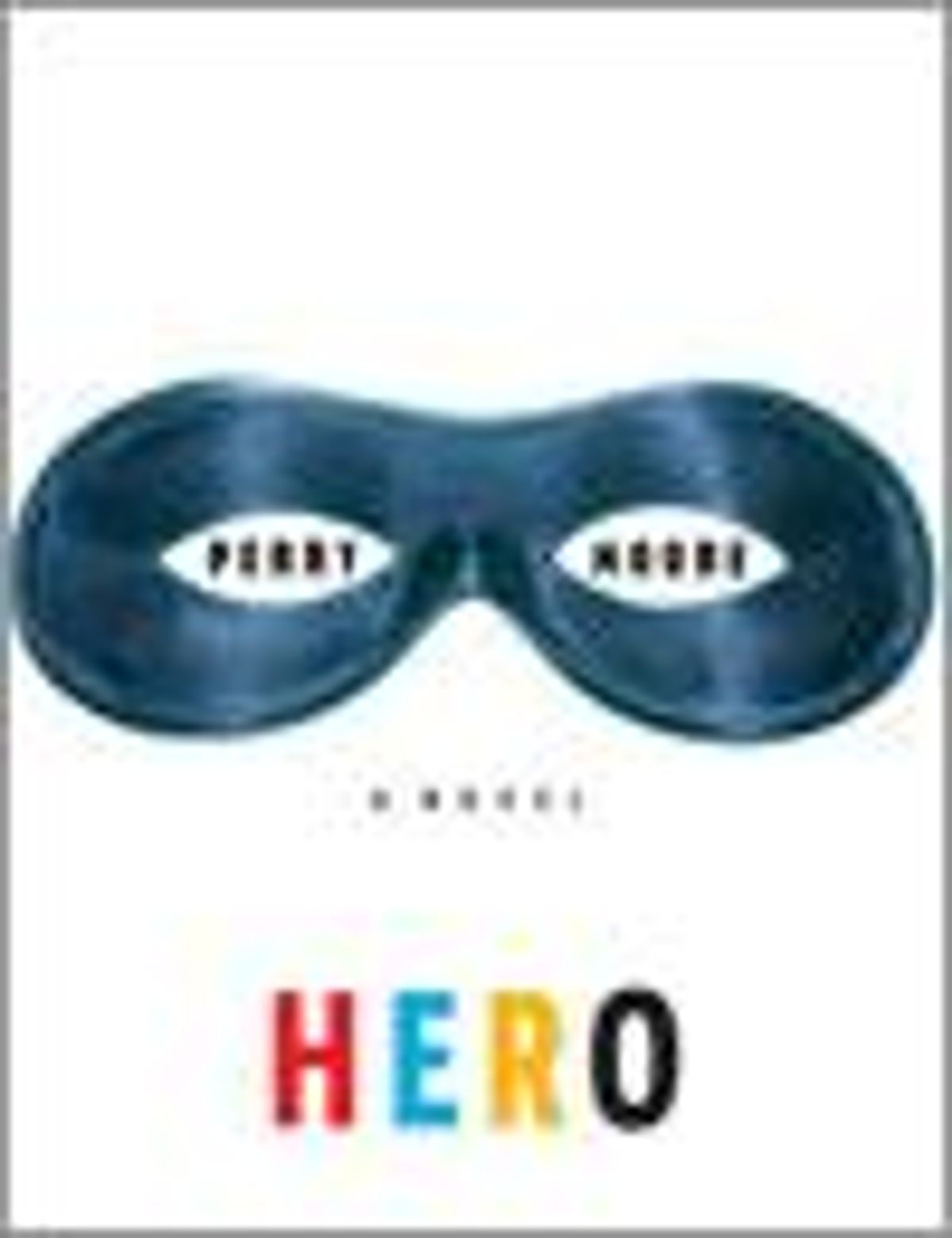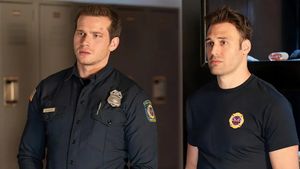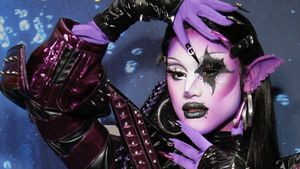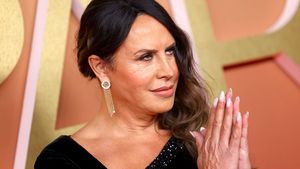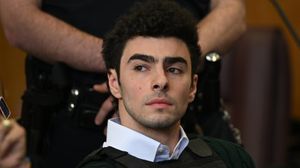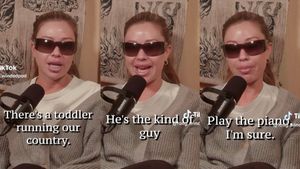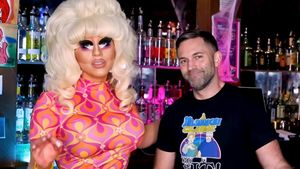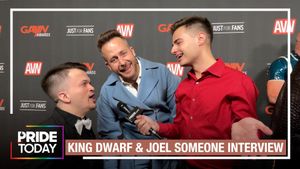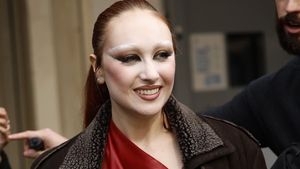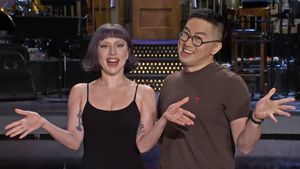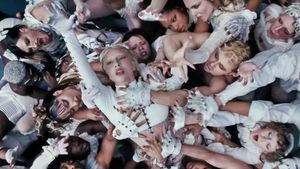While film
producer Perry Moore's debut novel, Hero, is
dedicated "to everyone," it is clearly
intended for the young gay market. Stories of talented and
troubled superheroes have long served as allegories
for the "dual life" many people
experience while in the closet. For example, the successful
X-Men trilogy--which pits a handful of
misunderstood supermutants against an aggressively
intolerant government--drew more than a few connection
between the movies' protagonists and our own LGBT activists.
And Moore's
protagonist, Thom Creed, is no ordinary superhero. As Thom
grapples with his budding powers--the ability to
rapidly heal living things--he also struggles
with his sexuality, afraid that either could earn him
the scorn of his disgraced superhero father. At first, Thom
has trouble keeping his power in check. But with trial
and error he learns to channel his abilities, and he
eventually earns the attention of the League of
Superheroes.
Although his
father would disapprove--he was ostracized by the
League and ultimately the general public after his
failed rescue attempt resulted in the loss of
thousands of lives--Thom can't resist the opportunity
to walk with the superhero greats. In the League he is
grouped with a motley assortment of rookies: the
trash-talking Miss Scarlet, whose affinity for fire is
only matched by her sass; Typhoid Larry, a sweet guy with
the unfortunate ability to make people violently ill;
and the elderly Ruth, who can read the
future--selectively. Together these unlikely heroes
overcome their differences and uncover a plot to kill off
the League. As he battles supervillains--and
encounters a few familiar faces along the
way--Thom discovers the truth about his parents and
(of course) falls in love.
Overall,
Hero is more nostalgic than original. Despite a
handful of novel characters, Moore falls to comic book
mainstays to fill the rest of the League's ranks. They
have new names--Justice, King of the Sea,
and Warrior Woman instead of Superman, Aquaman, and
Wonder Woman--but otherwise these characters are
almost identical. To a comic geek like myself, the act
seems a bit disingenuous.
Still, Moore's
original creations--Miss Scarlet, Typhoid Larry, Ruth,
and Thom's devoted father, Hal Creed--give the
novel a surprising amount of depth. And while the
uber-hot, basketball-playing Thom may come off as
Moore's pubescent wet dream, it is refreshing to encounter a
gay protagonist who is not an outcast but rather a
naturally charismatic person who chooses solitude
until he can sort out his problems.
Moore calls on
his film experience to successfully execute the novel's
frequent action scenes. But otherwise his play-by-play
writing style can seem a bit choppy, especially in the
story's more poignant moments. He includes some
amusing descriptions of Thom masturbating to Internet porn,
coming out to his father (on national television), and
sharing his first awkward kiss with a guy in a car.
And while not everyone may be able to relate to being
a popular jock, we all can share in his growing
pains. Hero is a quick, at times shallow, but
satisfying novel, the kind we all wanted while growing up
and hopefully the first in a new genre of young adult
literature.
